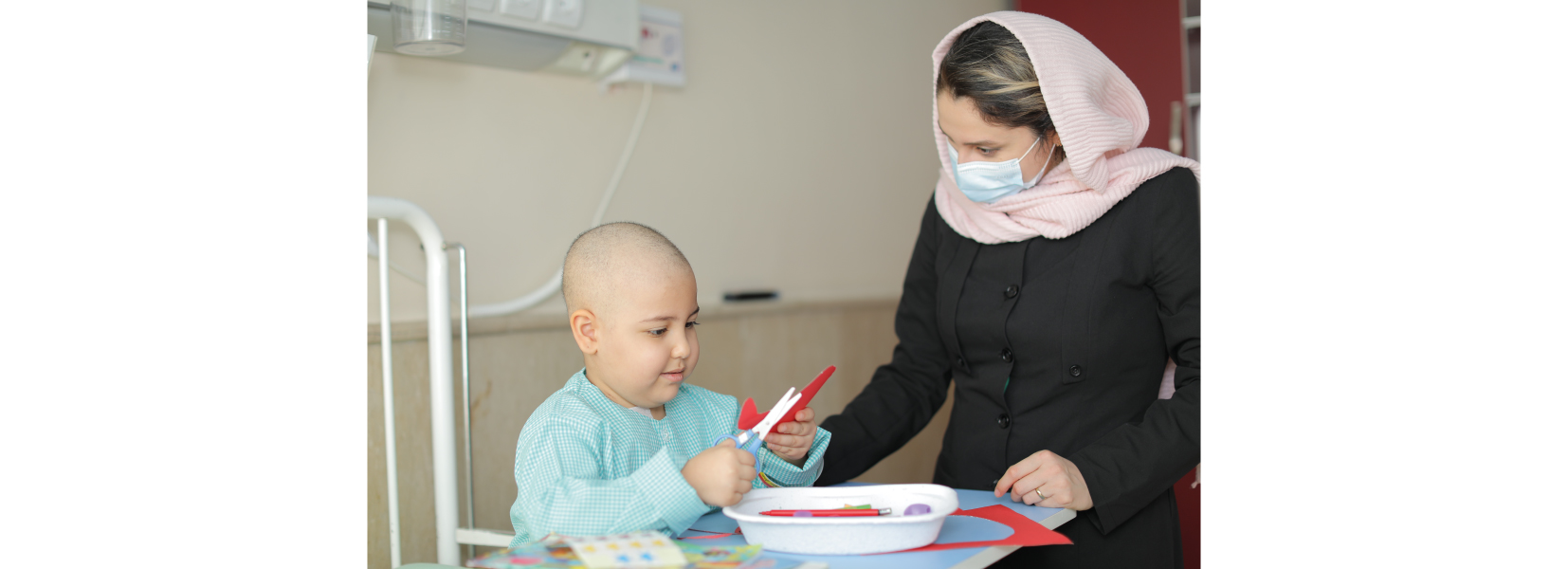
10 Tips for better communication with a cancer-stricken patient
- 11 December 23
- 690 revirew
- 0 comment
Over thirty years of medical and support service provision to children with cancer has made MAHAK to recognize the importance of establishing effective and proper communication with the patients and their families. A crucial part of children’s recovery process is to address their psycho-social needs, so they can effectively cope with the difficult situation they are facing and return to their normal childhood routine. The experiences of MAHAK support services department over these years have led to an understanding of various sensitivities in establishing communication with cancer patients.
Communicating with a cancer patient can be a sensitive subject for the parents and caregivers. Given that, we have prepared ten key points for effective communication with children diagnosed with cancer:
- The most important point is to avoid unexpected reactions and try to manage your emotions and feelings, so that you can have calm and focused conversations with your child who has cancer.
- Try to gather more information about the disease and treatment processes by seeking guidance from specialists, and be more aware of treatment methods and the associated side effects. This information will help you have more constructive conversations.
- Express your emotions and show that you understand your child’s pain and suffering. By showing empathy, you reassure the patient that their well-being is important to you and that you will be by their side.
- Give your child the opportunity to share their emotions and fears with you. This approach may help them talk to you about their current situation and feel more in control of their circumstances.
- Talk to your child about the results and predictions of their treatment, but refrain from offering unrealistic predictions.
- Given your child’s age and developmental stage, allow them to ask questions. Try to patiently accept their questions and provide the best answers possible. If you are unaware of the answer to their questions, never pretend that you know and tell them that you need to carefully examine their question to provide the correct answer.
- Make sure to convey truthful, transparent, and understandable information to your child. You can aid your child’s understanding by using visuals, books, or other resources.
We hope this article helps you establish the best communication with your child during their treatment.
